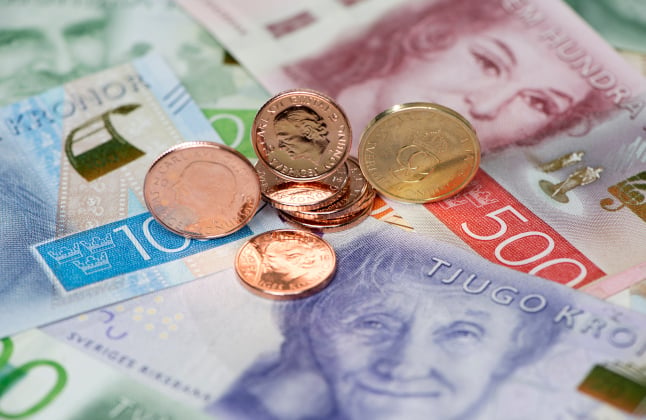Maintaining the key interest rate or repo rate of zero percent has been a way to support Sweden’s economic recovery after an economic slowdown which has been especially strong during the Covid pandemic.
With the decision to extend it, the Central Bank (Riksbank) will continue to purchase assets within a framework of 700 billion kronor to maintain the interest rate at zero.
The Central Bank made the decision to slash the rate below zero in February 2015. This was done to boost inflation in the hopes that the prices of everyday goods and services would rise after being stagnant in recent years which would boost Sweden’s economic prospects. In December 2019, it was raised from -0.25 to zero.
The Swedish economy has been doing better than expected even despite a significant hit from the pandemic, with Sweden’s GDP currently projected to grow by 4.2 percent.
“The situation is brighter than our previous monetary policy statement in April,” said Stefan Ingves, chief of the Central Bank at a press meeting.
In April, the GDP was projected to grow 3.7 percent, considerably less than the current prognosis.
The improving economic situation in Sweden has made economists critical of the Central Bank’s decision to keep the interest rates at zero.
Annika Winsth, the chief economist for Nordea, argues that Swedish economy is no longer undergoing a crisis.
“The Finance Minister said the other day that we are in the deepest economic crisis since the Second World War. They are painting a picture which is considerably worse than reality,” she told TT.
Winsth instead argues that Sweden is facing a greater risk of overheating than economic setbacks from the pandemic. An overheated economy is one that is expanding at an unusual rate where the demand is higher than the supply, and can cause high inflation.
This view was not shared by Stefan Ingves.
“There is a greater risk to scale down the support too soon than to keep it for too long,” said Ingves.



 Please whitelist us to continue reading.
Please whitelist us to continue reading.
Member comments